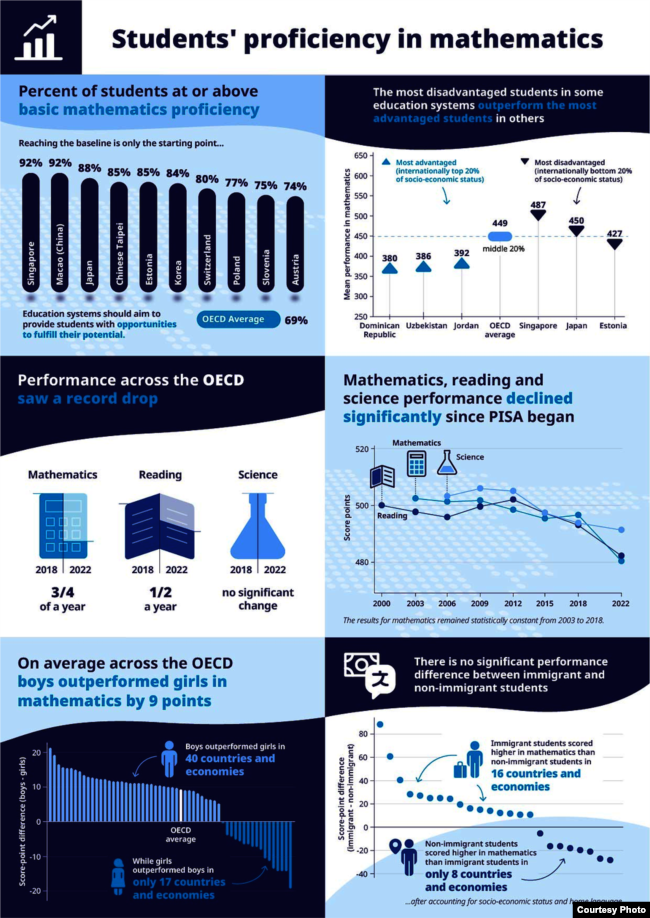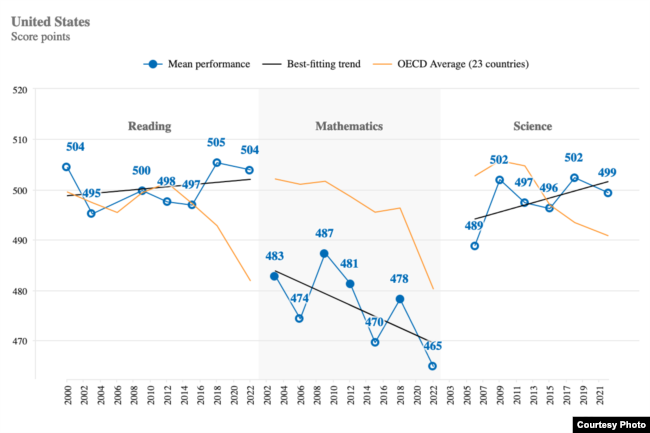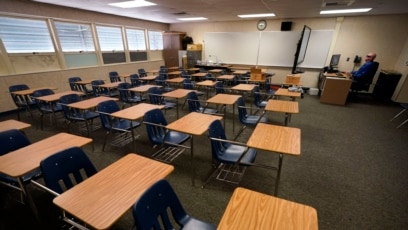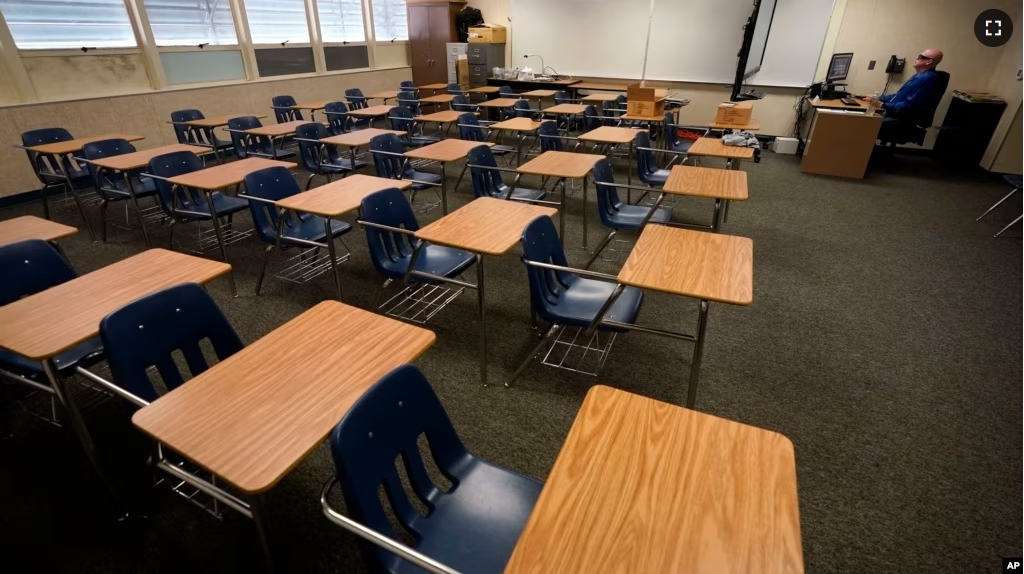Students around the world suffered historic setbacks in reading and math during the COVID-19 pandemic. That information comes from results of the latest Program for International Student Assessment (PISA).
The PISA is an international comparative study of the scores of 15-year-old students on tests in reading, math and science. Nearly 700,000 students took part in the study.
PISA is administered every three years. The latest results showed an “unprecedented drop in performance” since 2018.
The PISA 2022 study was supposed to happen in 2021. But it was postponed because of the pandemic. The 2022 results were released on December 5. It is the first extensive study with data on how the pandemic has affected student performance around the world.
The study looked at 81 education systems. They include 37 member countries of the Organization for Economic Cooperation and Development (OECD). OECD has been administering the test since 2000.
Decreasing scores
The study found decreasing test scores in both rich and poor countries.
Andreas Schleicher is the director for education and skills at OECD. He said, “The world is no longer divided between rich and well-educated countries and poor and badly educated countries.”
The study found the average international math score fell by 15 points since 2018. Reading scores across participating countries fell by 10 points. The OECD considers 20 points to be equal to one year of learning. Scores did not change in a major way in science.
Albania saw the biggest decrease in math scores, with a massive 69-point decrease. That means Albanian students lost more than three years of learning. Many countries fell by more than one year’s worth of learning in math, including Germany, Iceland and the Netherlands.

Some Good News
Four places did improve their performance between PISA 2018 and 2022 in all three subjects: Brunei, Cambodia, the Dominican Republic and Taiwan.
Six East Asian education systems outperformed all other countries in math. Scores in Singapore were measurably higher than all other countries in all three subjects.
The math scores for U.S. students were about even with the international average. Science and reading were slightly higher.
Effects of the pandemic
The COVID-19 pandemic was a major reason for the worldwide score drops. But science and reading scores were dropping even before the pandemic. This suggests there are other reasons for the decrease.

Factors such as the level of investment in education, the social value and pay levels of teachers, and educational beliefs of students have all influenced educational results, the OECD’s Schleicher said.
Purpose of PISA
The PISA tests explore how well students can solve complex problems, think critically and communicate effectively.
The goal of PISA is to provide useful information to educators and policymakers on the strengths and weaknesses of their country’s education system.
OECD Secretary-General Mathias Cormann released the latest PISA results in Paris. He said, “PISA 2022 helps to identify the comparative strengths of education systems that have performed well despite recent shocks.”
Policymakers can use such information to consider reforms to education systems for a brighter, more financially successful future, Cormann added.
The study also reported on the fast-changing influence of technology on educational performance. The results found that moderate use of electronic devices in school is connected to higher performance.
Test your skills
Khan Academy is a popular test prep web site. It offers a free PISA quiz. You can see example questions and compare your math skills against the 15-year-old students from around the world who took the PISA 2022.
I’m Gena Bennett.
Gena Bennett wrote this story for VOA Learning English using sources from the Associated Press, PISA, OECD, and others.
Quiz – Study: Student Learning Decreased in Math, Reading Worldwide

Start the Quiz to find out
___________________________________
Words in This Story
setback–n. an event that delays progress
score–n. a piece of information, usually a number, that demonstrates the performance level of a skill
participating–adj. taking part in
factor–n. something that contributes to a result
despite—prep. without being affected by
quiz–n. a short, informal quiz
